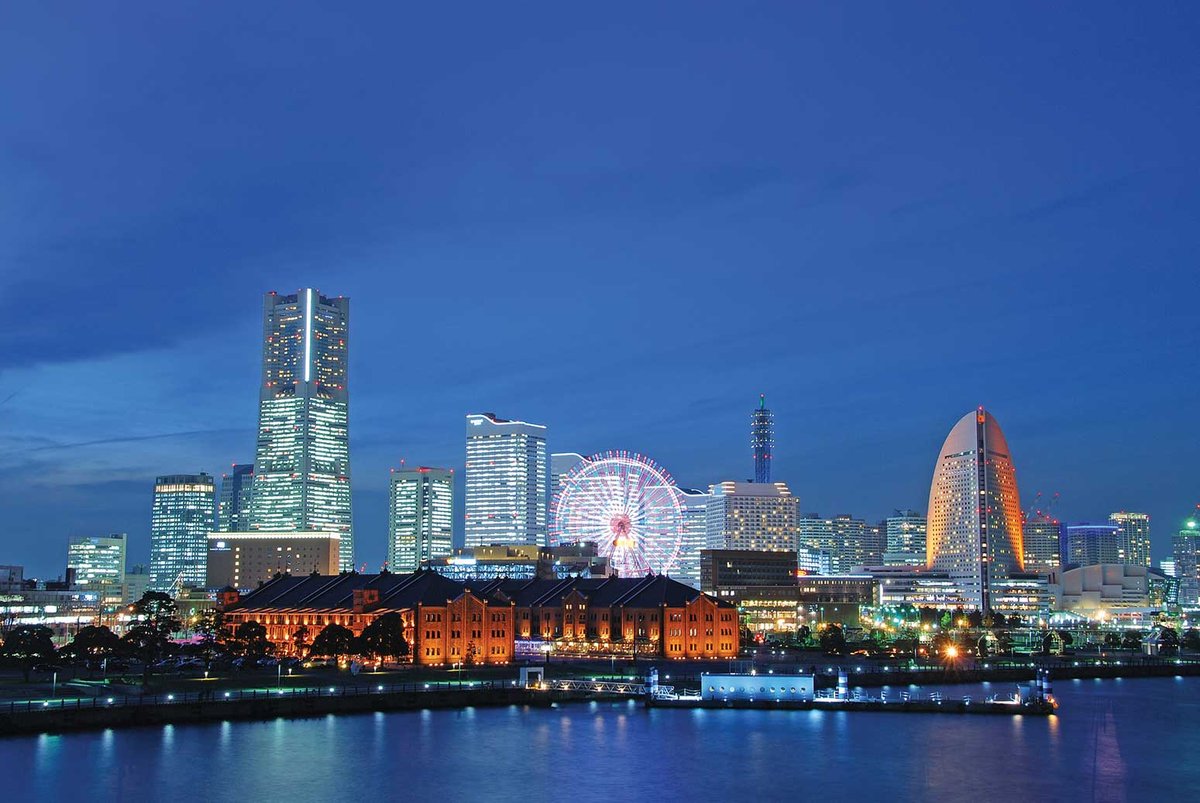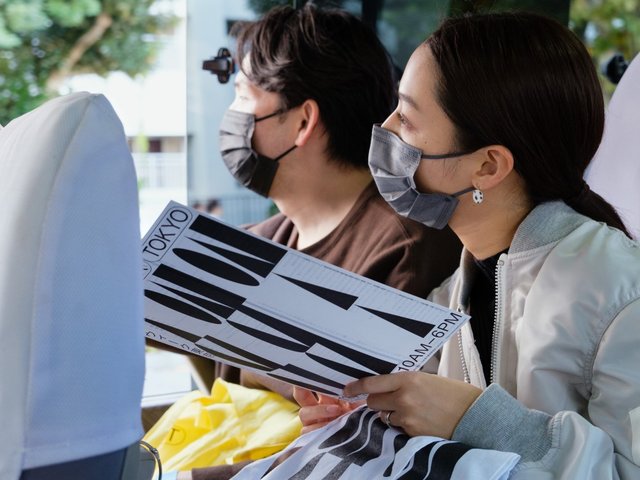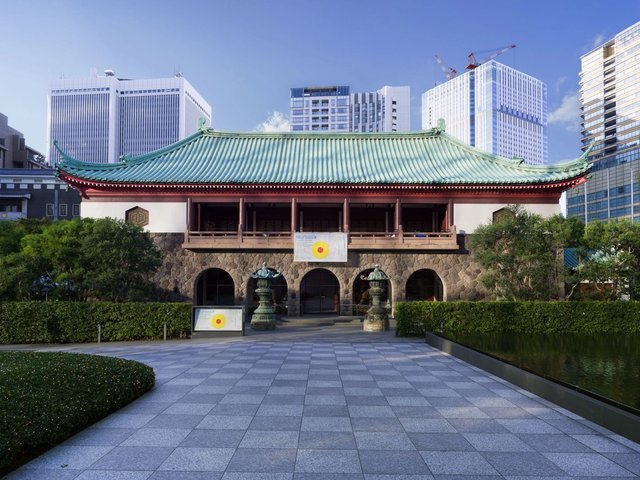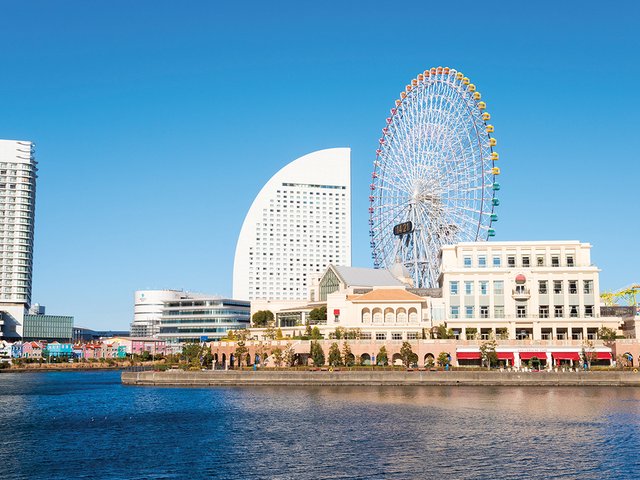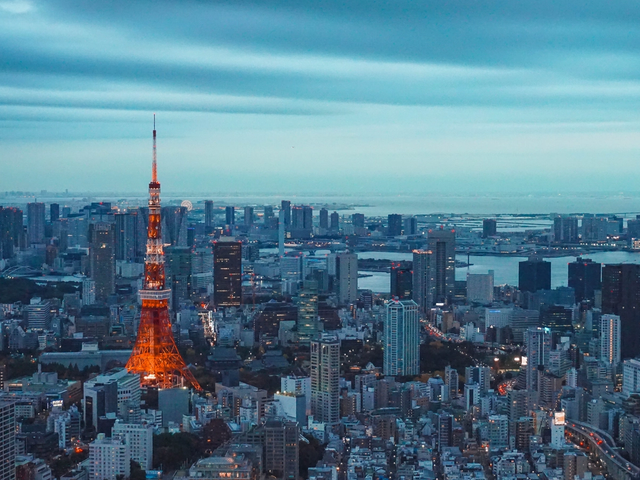Japan’s first major international art fair, Tokyo Gendai, is pulling out all the stops to ensure the success of its inaugural edition. Last month, the fair announced that it has negotiated with the Japanese government to secure a tax break for its exhibitors.
Gendai now enjoys “bonded status”, meaning that the 10% goods and services tax that foreign dealers must pay on works of art brought into the country is now charged only at the point of sale, rather than in advance, for exhibitors at the fair. This tax has historically provided “friction” for international galleries attempting to break into the Japanese market, says Magnus Renfrew, a co-founder of The Art Assembly fair group, which organises Tokyo Gendai. “If you’re bringing a high-value booth, putting down 10% up front can be a big strain on cash flow. Removing this barrier will be very advantageous for encouraging dealers to participate,” he says. According to Renfrew, discussions took place between Gendai and the tax office of Japan over a number of months to achieve this result.
Recent revisions to Japan’s customs regulations have allowed for the introduction of bonded areas to enable the trade of art. Bonded status can feasibly be granted to other fairs, too, if they “are willing to do the paperwork”, Renfrew says.
Onerous tax structures are among the reasons why Tokyo, despite its huge wealth and cultural capital, lacks a sizeable art market compared with other global financial centres. “Japan’s art market is behind where logic dictates it should be,” Renfrew says. He believes that Gendai will be a catalyst for an art-market boom in the city, adding that the lack of a major international fair has “definitely held things back”.
For the fair’s inaugural edition, 74 galleries will take part—a number Renfrew expects will grow in the future as the fair establishes itself. These include leading Western blue-chip dealerships such as Sadie Coles HQ, Perrotin and Almine Rech, as well as Japanese and Asia-Pacific galleries like Scai The Bathhouse from Tokyo and Fox Jensen & Fox Jensen McCrory, which has spaces in Sydney and Auckland. Gendai will take place in the vast Pacifico Yokohama convention centre, located in the city of Yokohama, which is part of the wider Tokyo Metropolitan Area and lies 20 miles southwest of Tokyo proper. The venue choice was the result of “extensive consulting”, Renfrew says: “There are only three venues in the Tokyo Bay area of a suitable size for such an event and Pacifico has the best transport links of those three.”
A convenient location is key, as Gendai’s organisers hope to use the fair as a springboard for visitors to explore Tokyo’s large variety of cultural offerings, including its art institutions and commercial galleries. The fair is in talks with a number of museums in the city to stage blockbuster shows to coincide with the fair, such as the National Art Center’s Cai Guo-Qiang: Ramble in the Cosmos—From Primeval Fireball Onward (until 21 August), although this is likely to be realised more fully in future editions, Renfrew says. Still, for VIP guests of the inaugural edition, tours of institutions such as the Mori Art Museum will be offered, as well as art gallery nights in the lively Roppongi district and the Terrada Art Complex.
Support for the fair has been galvanised by some of the country’s leading art collectors who sit on the fair’s advisory board, Renfrew says. These include Yoshiko Mori, the wife of the late real-estate tycoon Minoru Mori, whose father founded the Mori Art Museum, and the psychotherapist Ryutaro Takahashi, whose collection of more than 2,000 works has been displayed at institutions across the world.
The inaugural programme also features the unveiling of the artist Ryuichi Ohira’s new large-scale installation created specially for Tokyo Gendai. The Circuit will consist of a large slot-car racetrack on which an array of objects and sculptures are placed, some of which reference Tanabata (Star Festival), a traditional Japanese and Chinese festival celebrated each year on 7 July, the first day of the fair. Meanwhile, a themed exhibition in the fair will focus on contemporary women artists in Japan. Organised by Michiko Kasahara, the deputy director of the Artizon Museum and Yuri Yamada, a curator at the Tokyo Photographic Art Museum, it will present works by Leiko Ikemura, Tomoko Yoneda, Ayaka Yamamoto, Kunié Sugiura and Yurie Nagashima.
“Across the special exhibition, commissions, talks and satellite events, audiences will have a chance to discover and interact with some of the most exciting culture happening in Japan today,” says Eri Takane, the fair’s director, in a statement. “For our local visitors it will be the first time in decades that they are able to enjoy such a magnificent span of international art.”
• Tokyo Gendai, Pacifico Yokohama, 7-9 July


